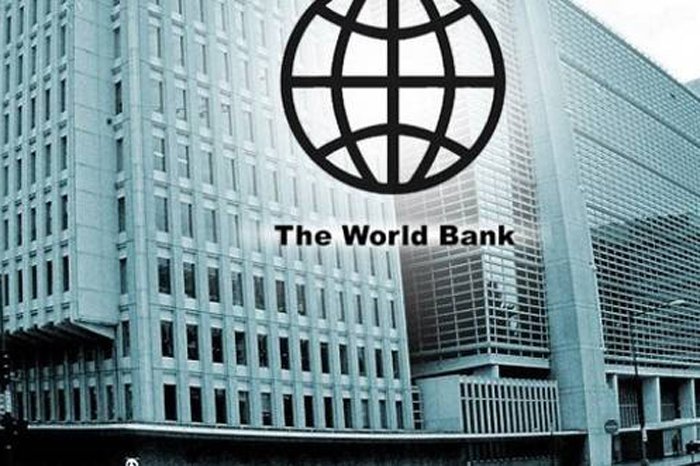World Bank improves Moldova's economic growth forecast to four per cent in 2017
17:41 | 04.05.2017 Category: Economic
Chisinau, 4 May /MOLDPRES/ - The World Bank has improved the Moldovan economy’s growth estimation to four per cent in 2017, against 2.8 per cent, as forecast in last October, according to statements made at a today’s news conference held at the Chisinau-based World Bank office.
“On the period 2017-2019, the impetus of economic growth will be backed by consumption and a stimulating tax position. We anticipate that the increase in exports, stimulated by the good agricultural harvest, along with the consumption, fueled by salaries, will represent the engine of the four-per cent economic growth in 2017,” WB expert Marcel Chistruga said.
On medium term, the growth will slow down to 3.7 per cent in 2018 and 3.5 per cent in 2019. In 2018, the stimulating tax policy, especially the public investments and remittances, will further back the economic growth. The enlivening of entrances of foreign currency, improvement of the financial sector and the business environment will encourage the increase in investments. With a tax deficit scheduled at minus three per cent of the Gross Domestic Product (GDP) in 2018, the public debt will increase as a result of the rise in the foreign assistance in 2017 and 2018, - a debt which will subsequently drop till late 2019.
“In 2016, the tendencies as to the evolution of the Moldovan economy were inverted after the decrease from the previous year. A strong increase was recorded and we hope that it will be maintained in the long run,” World Bank Director for Moldova Alex Kramer said.
In the conditions of a low level of savings, as the growth pace consolidates, the current account deficit will gradually increase, though under the level of historical averages, the World Bank experts also said. They suppose that the National Bank of Moldova (BNM) would manage to keep the inflation level close to the five-per cent target value. Against a background of increase of GDP, salaries and the stimulating tax space, WB anticipates a drop in the poverty level. Nevertheless, the increase in the tariffs for public utilities, of inflation pressures and continuous structural deficiencies on the labour market will moderate the pace of poverty reduction. The World Bank estimates a decrease in the measured poverty rate by about five percentage points till 2019.
(Reporter V. Bercu, editor M. Jantovan)

